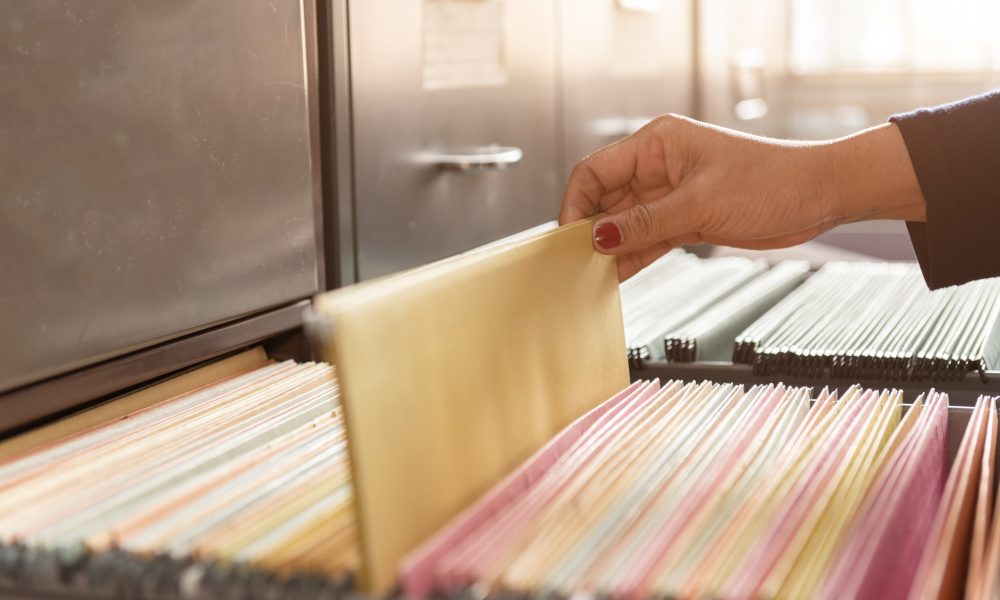Fentanyl in Hotels
Drug overdoses are a significant problem in the United States, killing more than 107,000 people in 2021. Of those deaths, two-thirds were caused by fentanyl, a synthetic opioid that is 50 to 100 times stronger than morphine. While fentanyl is commonly used to manage severe pain, it is also abused, often added to heroin to ...
Read more











